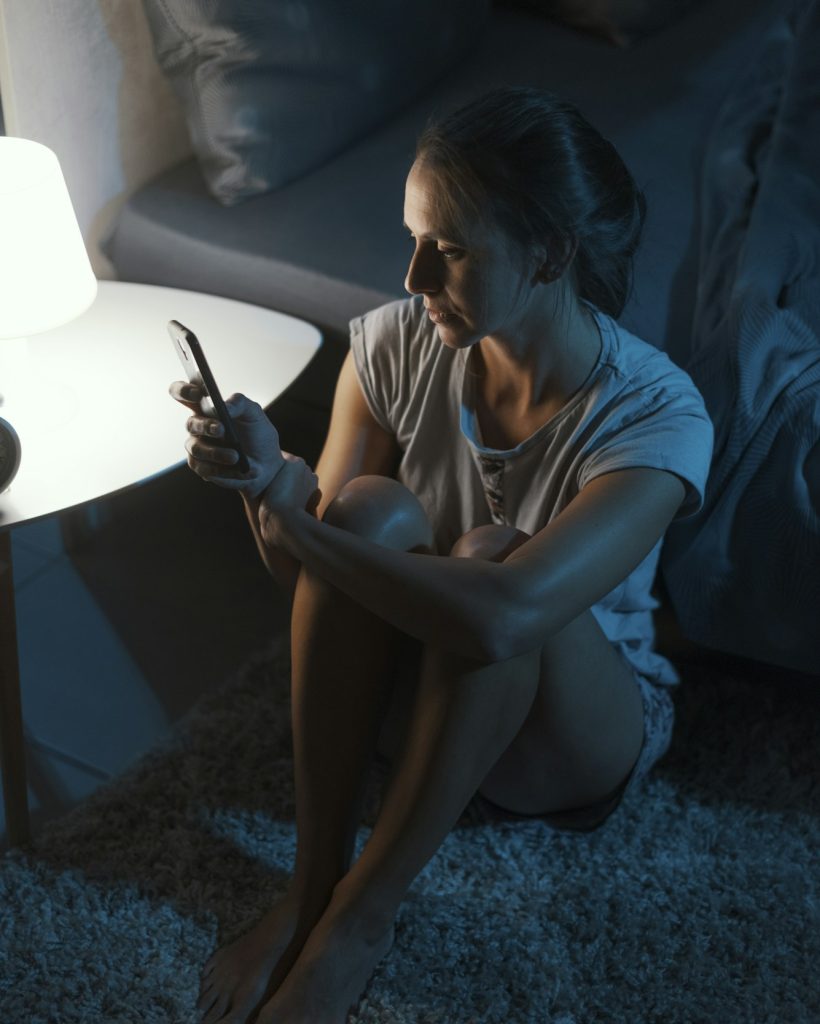- HOME
- Sleep Centers
- PATIENT PACKS
- TELEMED@HOME
- SLEEP DISORDERS
- SLEEP APNEA
- PEDIATRIC SLEEP APNEA
- INSOMNIA
- NARCOLEPSY
- SLEEP AND CANCER
- WHAT TO EXPECT FROM YOUR SLEEP APNEA
- WHAT IS RESTLESS LEGS SYNDROME
- WHAT IS OBSTRUCTIVE SLEEP APNEA
- WHAT TO EXPECT FROM YOUR HOME SLEEP APNEA TEST
- WHAT ARE PARASOMNIAS
- TEEN DROWSY DRIVING
- SLEEP AND SLEEP DISORDERS IN WOMEN
- SLEEP AND PREGNANCY
- OUR TEAM
- INSPIRE
- HOME SLEEP TEST
- CONTACT
SLEEP AND SLEEP DISORDERS IN WOMEN
The importance of sleep and understanding sleeping patterns is vital to us. That’s whybelow, we offered multiple links and sites to expand your knowledge as well.
- Home
- SLEEP AND SLEEP DISORDERS IN WOMEN
DISORDERS
SLEEP AND SLEEP DISORDERS IN WOMEN
Quick Facts
Gender differences in sleep start at a young age. Girls report longer sleep duration than boys and show a decrease in deep sleep earlier than boys. Changes in female hormones also can affect sleep. These effects can vary during the different stages of the menstrual cycle. Pregnancy and menopause also can affect sleep. Women are more likely than men to have insomnia. Women who have obstructive sleep apnea are often
unaware of it.
Key Points:
- Women should sleep 7 or more hours per night on a regular basis to promote optimal health.
- Menstruation, pregnancy and menopause can have a negative effect on how women sleep.
- Changes in the levels of the female hormones estrogen and progesterone can affect sleep.
- Women are more likely than men to suffer from insomnia and restless legs syndrome.
- Sleep apnea is often undetected in women.
Am I At Risk:
The quality of your sleep tends to be worse during pregnancy. Disturbed sleep is more common during and after menopause. Insomnia often occurs along with stress, anxiety or depression. Weight gain is a risk factor for obstructive sleep apnea. Medical problems such as arthritis or chronic pain can also disrupt your sleep.

Ready for a Better Night’s Sleep?
Call us now to schedule your appointment with New Mexico Sleep Labs. Our expert team is here to help you achieve restful, restorative sleep and improve your overall health. Don’t wait—take the first step towards better sleep today
General Overview:
Women tend to report less satisfaction with their sleep quality than men. Women also may have a harder time falling asleep during the last stage of the menstrual cycle. This is when progesterone levels peak and then fall. Women with premenstrual syndrome and painful menstrual cramps may report insomnia and daytime sleepiness. Sleep complaints are most frequent around menopause. Hot flashes and night sweats can interrupt sleep. Snoring and sleep apnea also tend to be more common after menopause.
Sleep problems are extremely common during pregnancy. These problems include insomnia, snoring, obstructive sleep apnea and restless legs syndrome. In the last trimester it can be even harder to sleep comfortably. Leg cramps, back pain, heartburn, anxiety and the baby’s movements may disturb your sleep. After delivery, a woman has a sudden drop in pregnancy hormones. At the same time, a newborn infant requires constant attention. Therefore, a new mom’s sleep pattern can be severely disrupted. Postpartum depression also can add to these sleep problems.
Sleep Disorders
Insomnia is more common in women than in men. Insomnia involves a struggle to fall asleep or stay asleep. Insomnia, depression and anxiety disorders often occur together.
Obstructive sleep apnea involves repeated episodes of upper airway obstruction during sleep. Although it is common in women, sleep apnea is often undetected. Women with sleep apnea often complain of fatigue, insomnia or depression.
Restless legs syndrome is much more common in women than in men. It involves feeling a strong urge to move your legs when you are resting or sitting still at night. Symptoms tend to get better when you walk or stretch. Restless legs syndrome can make it harder for you to fall asleep or stay asleep.
Tips:
Good sleep habits can help you sleep better. Tips to help you include:
- Make your bedroom a quiet, comfortable retreat.
- Set aside a period of time each day to think about any concerns or worries.
- Eat a well-balanced diet including foods rich in iron.
- Exercise each day at a pace that feels comfortable.
- Avoid caffeine in the afternoon and evening and alcohol before bedtime.
- Turn off any electronics at least one hour before bed.
- Follow a soothing bedtime routine that helps you relax.
- Go to bed early enough to sleep at least 7 hours each night.
Next Steps:
- Make it a priority to sleep 7 or more hours nightly.
- Talk to your doctor about any ongoing sleep problems.
- Tell your doctor if you often have feelings of fatigue or depression.
- Your doctor may schedule you for a sleep study if you have symptoms of a sleep disorder such as sleep apnea.


Facility Member
Accreditation
Since 1977, the American Academy of Sleep Medicine (AASM) Standards for Accreditation have been the gold standard by which the medical community and the public evaluate sleep medicine facilities. Achieving AASM accreditation demonstrates a sleep medicine provider’s commitment to high quality, patient-centered care through adherence to these standards.
